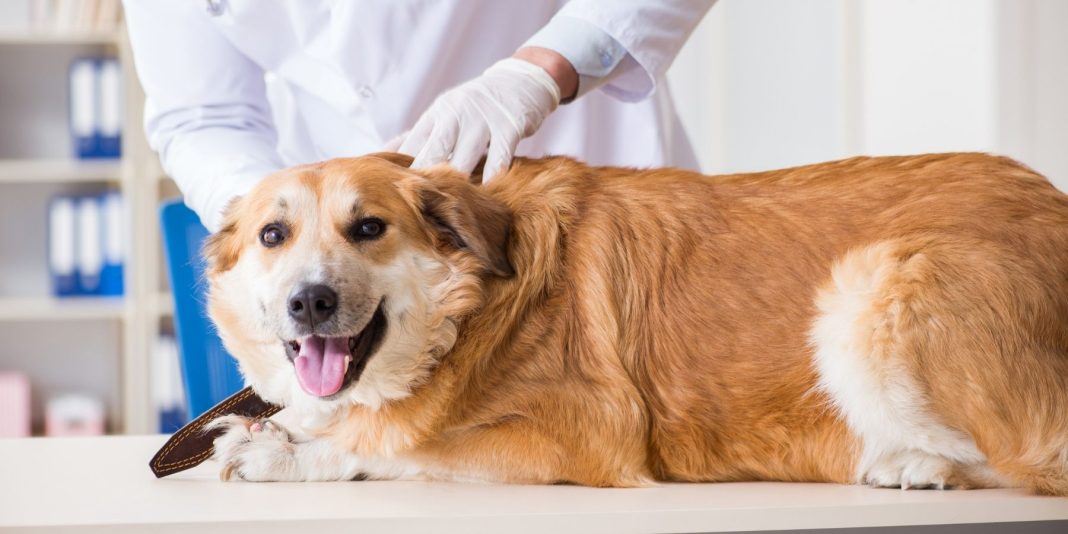A collapsed trachea can be a concerning health issue for many dog owners. This condition occurs when the tracheal rings, which hold the trachea open, become weak or damaged, leading to difficulty in breathing for our furry friends. Recognizing the signs and understanding the condition is the first step toward providing the best care for your dog.
Choosing the Right Diet: What Matters Most
When it comes to managing a dog’s collapsed trachea, diet plays a pivotal role. The ideal diet should be easy on your dog’s throat, nutritious, and tailored to manage their weight effectively. Overweight dogs face increased respiratory stress, making it vital to maintain a healthy weight.
Soft Foods and Smaller Portions
The texture of the food you give to your dog is crucial. Soft, moist foods are easier to swallow and less likely to irritate an already sensitive trachea. Instead of large meals, consider smaller, more frequent feedings. This approach helps reduce the pressure on the trachea and makes eating a more comfortable experience for your dog.
Supplements and Hydration
Hydration is key. Ensure your dog has access to fresh water at all times. Additionally, certain supplements, such as omega fatty acids, can be beneficial. They help in reducing inflammation and supporting overall health. However, always consult with your vet before introducing any supplements.
Avoiding Certain Foods and Ingredients
It’s important to avoid foods that can exacerbate breathing difficulties. This includes overly dry or hard foods. Also, be mindful of ingredients that may cause allergies or sensitivities in your dog, as these can lead to inflammation and further discomfort.
Consultation with a Veterinarian
Every dog is unique, and so are their dietary needs, especially when dealing with a health condition like a collapsed trachea. Consult with your veterinarian to develop a diet plan that’s specifically tailored to your dog’s needs and health status.
FAQs
Can diet really make a difference for a dog with a collapsed trachea?
Absolutely. A well-chosen diet can significantly reduce symptoms and improve quality of life.
What are the signs that my dog’s food is not suitable for their condition?
Watch out for increased coughing or difficulty swallowing after meals. These can be signs that the food is not ideal.
Is it safe to give treats to a dog with a collapsed trachea?
Yes, but choose soft, easy-to-swallow treats and give them in moderation.
How often should I feed my dog with a collapsed trachea?
Small, frequent meals are better than one or two large meals a day.
Are there specific brands of dog food recommended for collapsed trachea?
There are no specific brands, but your vet can recommend types of food suitable for your dog’s condition.
Remember, managing a collapsed trachea is about creating a comfortable and supportive environment for your dog, and diet is a big part of that. With the right care and nutrition, your furry companion can continue to lead a happy, fulfilling life.







